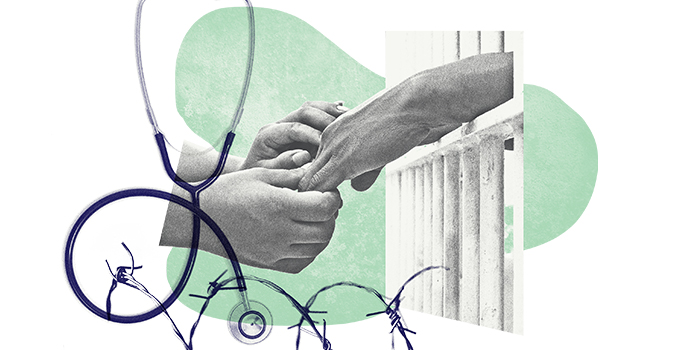Human Rights and Privacy
The ACLU works in courts, legislatures, and communities to defend and preserve the individual rights and liberties that the Constitution and the laws of the United States guarantee everyone in this country.

Stay informed about our latest work in Human Rights and Privacy.
By completing this form, I agree to receive occasional emails per the terms of the ACLU's privacy statement.
The Latest

Failed War on Drugs Policies Won't Stop the Overdose Crisis, But Harm Reduction Can Save Lives

Dozens of Police Agencies in California Are Still Sharing Driver Locations with Anti-Abortion States. We're Fighting Back.

New Point-and-Shoot Chemical Detectors Raise Privacy and Constitutional Issues

Some Steps to Defend Against Online Doxxing and Harassment
Explore More
What's at Stake
Edward Snowden’s revelations have made it clear to Americans that the federal government has routinely violated their right to privacy for more than a decade. Although today’s powerful and sophisticated technologies can allow us greater enjoyment of our human rights, they are dual use. When these technologies are placed in the wrong hands, they undermine the human right to privacy and threaten other rights, such as freedom of speech, assembly, and association.
In 1992, the United States ratified the International Covenant on Civil and Political Rights (ICCPR), a human rights treaty that guarantees privacy rights. More specifically, Article 17 of the ICCPR protects everyone from arbitrary or unlawful interferences with their “privacy, family, home, or correspondence.”
Through its international advocacy work, the ACLU is working to ensure that the right to privacy in the digital age is safeguarded as a human right.
Edward Snowden’s revelations have made it clear to Americans that the federal government has routinely violated their right to privacy for more than a decade. Although today’s powerful and sophisticated technologies can allow us greater enjoyment of our human rights, they are dual use. When these technologies are placed in the wrong hands, they undermine the human right to privacy and threaten other rights, such as freedom of speech, assembly, and association.
In 1992, the United States ratified the International Covenant on Civil and Political Rights (ICCPR), a human rights treaty that guarantees privacy rights. More specifically, Article 17 of the ICCPR protects everyone from arbitrary or unlawful interferences with their “privacy, family, home, or correspondence.”
Through its international advocacy work, the ACLU is working to ensure that the right to privacy in the digital age is safeguarded as a human right.